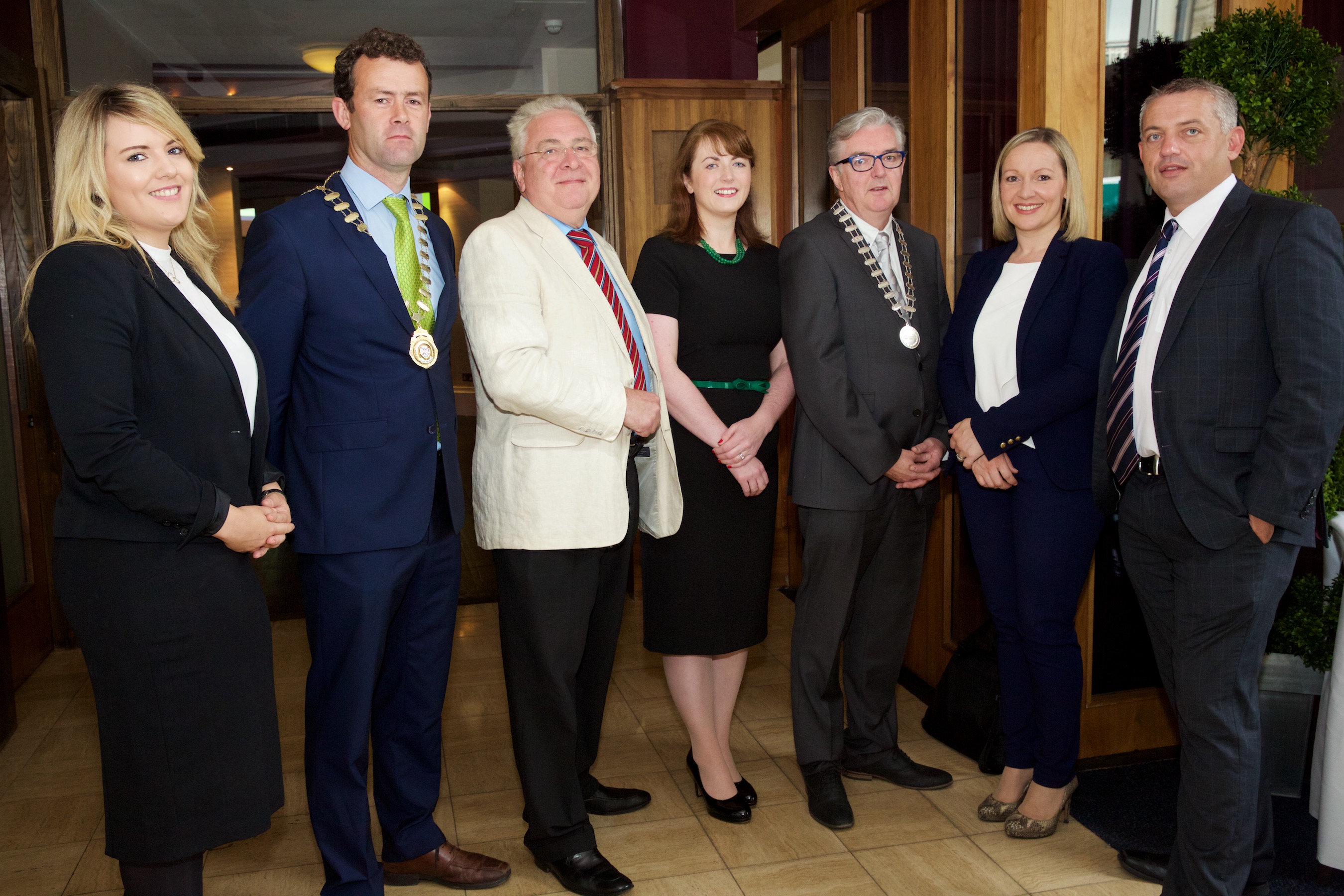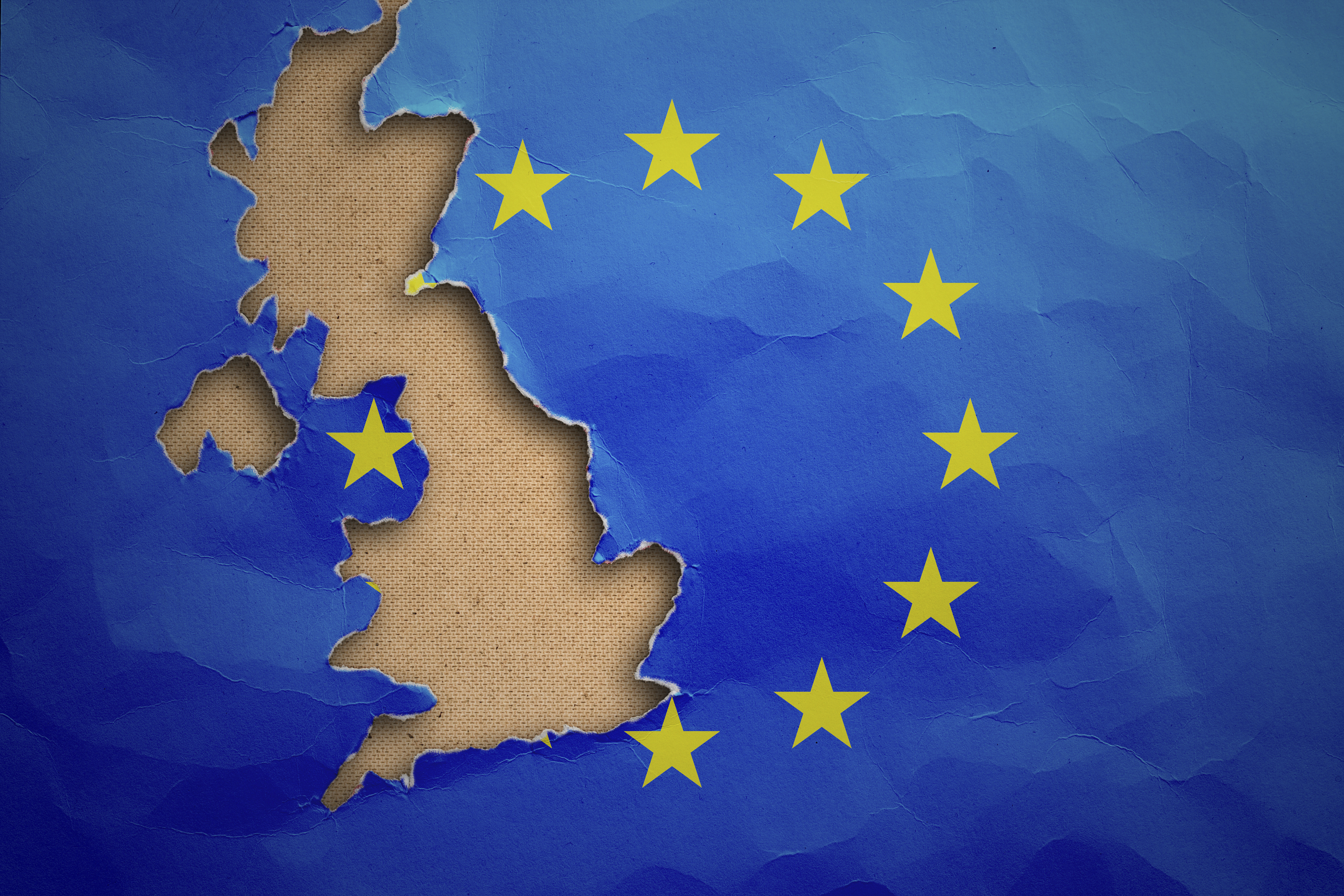Battling The Brexit Unknowns
Emma Kerins, International Affairs Executive with Chambers Ireland, explores the possible implications of Brexit for Irish businesses and seeks expert opinion from Chamber leaders.
Following the UK’s vote to exit the European Union, there continues to be a large degree of uncertainty as to what will happen next. In the immediate term, there may continue be some market and currency volatility with knock-on consequences for investments and pensions and it is unclear how long this period of uncertainty will last. We have seen how this has played out since June, where the UK has lost its AAA rating, meaning that cost of government borrowing will now be higher. For the most part, however, the UK economy appears to have weathered the initial shock of the Brexit vote, although the value of the pound remains near a 30-year low.
Politically, there has also been changes within the United Kingdom since the referendum result with former home secretary, Theresa May, becoming Prime Minister following David Cameron’s resignation. While May campaigned against the United Kingdom leaving the EU she says she will respect the will of the people and that “Brexit means Brexit”. The UK’s vote to leave now requires the application of Article 50 of the Lisbon Treaty, which will involve the UK notifying the European Council of its intention to leave. Article 50, when applied, provides that the EU will negotiate a new agreement with the withdrawing country over two years. While the two year period can be extended by unanimous agreement, Article 50 also specifies that, when agreeing a new deal the EU acts without the involvement of the country that is leaving, meaning Britain would have little or no say in the relationship it is offered by the remaining 27 member states.
Brexit Secretary David Davis has suggested the country could formally sever its ties with the EU by December 2018. With regard to the impact of a Brexit on Ireland, nothing is certain. Given the close economic and political ties between the countries and the uncertainty that a British exit will bring about, the Irish government took a strong public position throughout the referendum campaign, highlighting its preference for the UK staying within the EU.
Since the result, the Government has acknowledged that major challenges lie ahead for the EU, the UK and for Ireland. with much attention required on preventing any adverse effects on our economy, with specific regard to the free movement of people, and goods and services on these islands. Additionally, Government has stressed the importance of ensuring that stability and progress in Northern Ireland is maintained. “Clarity on Britain’s future relationship with the EU will take some time and we encourage Chamber members to assess the impact of Brexit on their business activities and put in place strategies to mitigate risks identified where appropriate,” he said.

Meanwhile, Chief Executive of North Kildare Chamber, Allan Shine, noted that Brexit may well create opportunities for business when it comes to investment. “Ireland now stands in the middle of a triumvirate of connections. We already act as the connector of Europe to the US and can now do likewise for the UK. We will be sitting in the midst of three of the largest economic zones in the world. This could be something special.
Businesses across Ireland have been grappling with adjusting to their new reality, and while putting mitigation plans in place has been stressed as the best way of preparing for Brexit, some business leaders have noted that it’s still too early to determine what impact it might have for Irish business. Business Manager of Penninsula and member of Newbridge Chamber of Commerce, Marc Ramsbottom, notes: “Until the UK clarifies exactly what Brexit actually means and whether the UK continues to have access to the single market or not and what restrictions might there be on the free movement of people, it’s impossible to know the long term impact. There certainly hasn’t been the immediate economic downturn that some people predicted, but as the UK and EU enter uncharted waters, who knows how the negotiations will unfold.”
Group Development Manager with Dawn Meats and Deputy President of Waterford Chamber of Commerce, Paul Nolan, says: “Given Britain’s importance to our business, we share the concerns and inevitable challenges that Brexit will bring. In the short term currency exchange rates are the key issue because despite the fact that they have been a factor for many years, the current levels of volatility are challenging. In the medium to long term we will need to ensure that our Government and trade representation bodies monitor developments closely and keep us up to date at all times. Future trading terms and conditions may not prove ideal unless we keep our focus on maintaining conditions that allow the levels of interdependent trade that both nations enjoy to be sustained.”
The impact of uncertainty on the business community is highlighted as one of the primary concerns among businesses in the aftermath of the referendum. “Until negotiations are nearing completion we will not know what Brexit means,” says Peter Byrne, Chief Executive of South Dublin Chamber of Commerce. “It may be very similar to what Norway has in relation to the EU or it may be more bilateral, until then speculation will be rife and we will have to manage the uncertainty and all that brings with it.” Echoing these sentiments, Chief Executive of Letterkenny Chamber Toni Forrister, notes that the overwhelming feeling of shock and disappointment with the referendum result amongst businesses in Donegal has not gone away. “Since the Brexit vote we acknowledge that the sky didn’t fall in but there is still a long road ahead,” she says. “A vote over which we had no control may have implications for the north-west region for many years.”
Chambers Ireland, as a member of the Brexit Working Group within the Department of the Taoiseach will continue to work on behalf of business to ensure that they are prepared for the consequences of our new economic and trading relationship with the UK.
